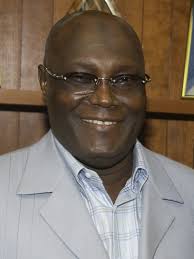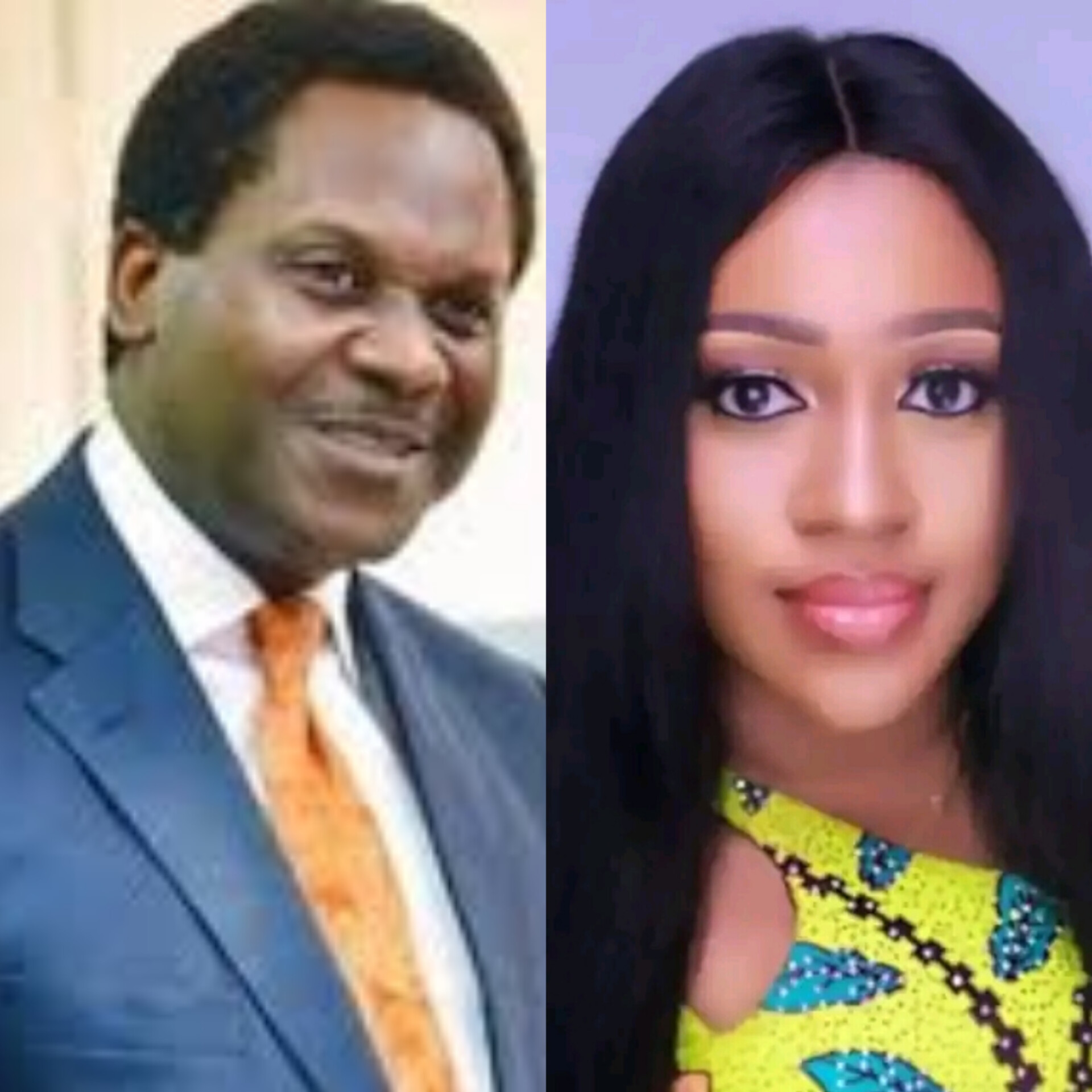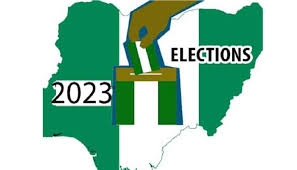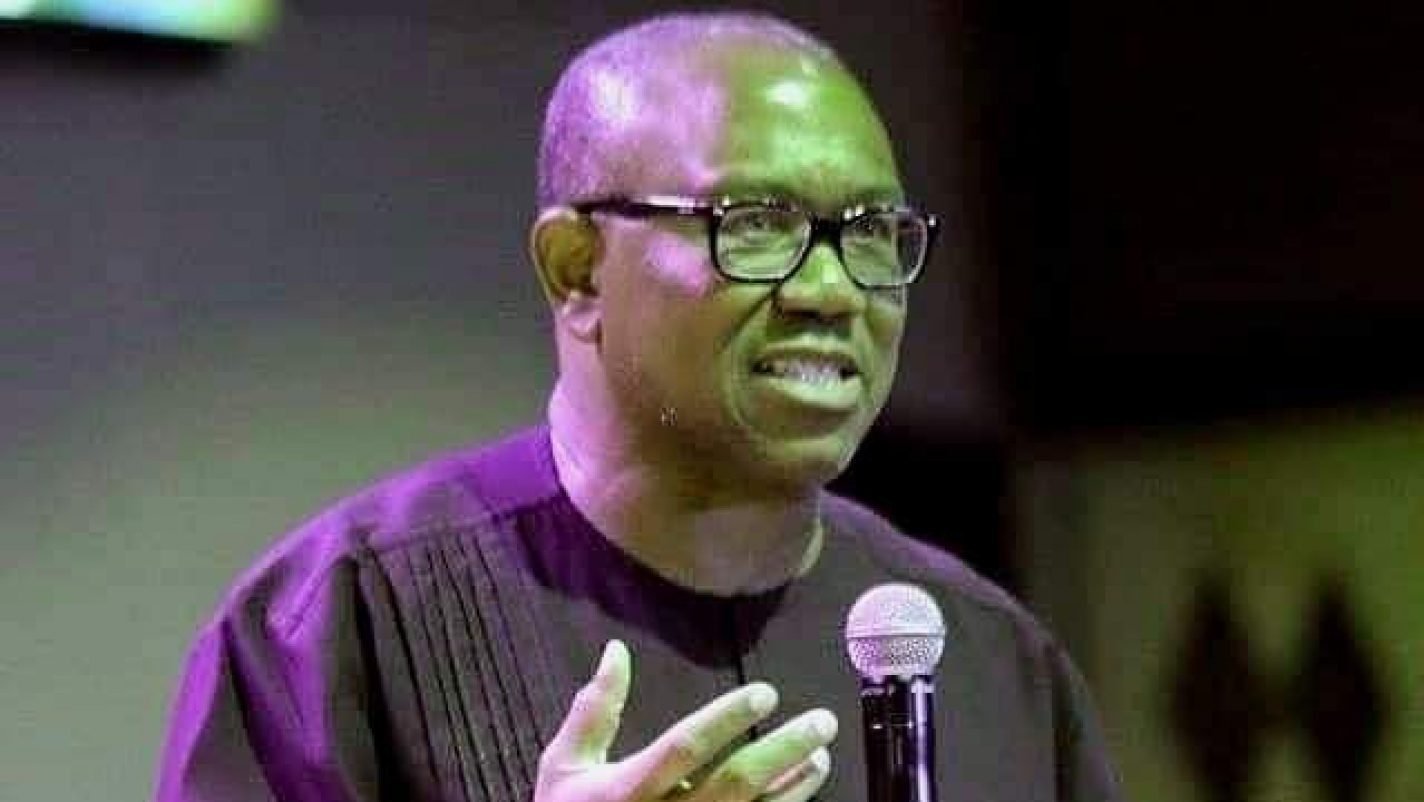By Tunde Olusunle
It should be crystal clear to the discerning and intuitive, the direction the presidential election pendulum will swing, come Saturday February 25, 2023. Monday February 20, leader of the Commonwealth Observer Misson to Nigeria, (COMN), Thabo Mbeki and his entourage, announced their arrival in Nigeria. Mbeki who succeeded the revered icon of South Africa’s anti-apartheid struggle, Nelson Mandela, was President of South Africa between 1999 and 2008. Straight out of his meeting with the chairman of the Independent National Electoral Commission, (INEC), Mahmood Yakubu, Mbeki headed for courtesy visit to Atiku Abubakar, presidential flagbearer of the Peoples’ Democratic Party, (PDP). Mbeki and company didn’t miss their way to the Asokoro, Abuja home of Atiku, who was Nigeria’s Vice President, however.
Recall the 2019 presidential election eve obscenity of bullion vans hauling raw cash in billions of naira into the Ikoyi, Lagos residence of Atiku’s closest opponent, Bola Tinubu of the All Progressives Congress, (APC). Ayodele Adewale, organising secretary of the Lagos State chapter of the APC, proferred what must rank as the most laughably idiotic alibi to excuse that preposterous showing. He opined on live television, Thursday January 26, that the vans actually “missed their way” and careered off their course, into Tinubu’s luminous Lagos home! Such incredulity!! Adewale forgot Tinubu’s own response, days after the “bullion van” scandal when he interacted with the press: “Excuse me,” Tinubu began. “is it my money or government money? I don’t work for the government. I am not in an agency of the government. Let anyone come out to say I have collected contracts from the government of President Muhammadu Buhari or the APC in the last five years. They should prove it.”

Tinubu’s engagement with the media on that episode continued: “I am on my own and I am committed to my party. So even if I have money to spend on my premises, what is your headache? If I don’t represent any agency of government and I have money to spend, if I like, I give it to the people free of charge as long as it is not to buy votes.” The invention of vote procurement in Nigeria’s fourth republic politics, supposedly by Tinubu, his mentees and politicians elsewhere, has repeatedly gained the attention of political watchers. The former Lagos State governor is believed to have monetised the stepping downs of many of his initial opponents during the APC’s presidential primary last June. We should devote another treatise to this development.
Back to Mbeki and Atiku. The Africa-wide preference for democratic governance at the turn of the 1990s, opened and expanded intra-African and global bilateral and multilateral engagements. Mbeki and Atiku were no strangers to each other. Mbeki; his Nigerian counterpart at the time, Olusegun Obasanjo; Mbeki’s deputy, Jacob Zuma and Atiku, were a formidable quartet in African politics and diplomacy. Atiku and Zuma as deputies to their principals, grew a chummy relationship as potential successors to their presidents. President of the Africa Development Bank, (AfDB), Nigeria’s own Akinwumi Adesina, recently spoke about Atiku’s yeomanry in eliciting from former South African President, Zuma, his support for his aspiration, in 2015. According to Adesina, Atiku is a “benefactor, mentor, big brother and friend.”
Delivering his opening speech at the 12th Commencement Ceremony of the American University of Nigeria, (AUN), owned by Atiku in July 2021, Adesina noted inter alia: “Congratulations, Your Excellency, for your incredible passion, your dedication and commitment to building the future generations. You are indeed a helper of other people’s destinies… Before I proceed, I would like to say that when I was running for election of the African Development Bank, in 2015, I needed help from all sides. President Jonathan had nominated me to be the candidate for Nigeria, then President Buhari. I remember that evening when General Abdulsalami Abubakar, former Head of State, called me and said: “Well you know you’re gonna need help especially in the Southern African region to be able to win this election. I said, “Sir, where am I going to get the help from? He said, “You need to go and see His Excellency, Atiku Abubakar.”
Speaking further, Adesina noted: “And the Vice President, (Atiku), did not hesitate. He took me, flew me on his jet and we went to South Africa to see the President of South Africa, Jacob Zuma. I had only five minutes to make my case and Atiku was standing right beside me. I made the case and I remember the South African President looked at me and said: “I think I have in front of me, the future President of the AfDB.” I want to publicly thank you, Your Excellency, because without that journey and you helping my destiny, I actually won’t be President of the African Development Bank. I want to thank you very much, Sir, for that critical journey when you took me to South Africa.”
For a country which earnestly desires the rejuvenation of its erstwhile robust international interconnectivity, none of the four major contestants of the Saturday February 25 polls, approximates Atiku’s global reach. He has robust friendships and affinities with other top African leaders and statesmen, including Kenya’s former Prime Minister, Raila Odinga, for instance. He has also toured over half a dozen African countries in the recent past, engaging brother governments on issues of security, poverty and socioeconomic collaboration. Nigeria is truly Africa’s “open sore of the continent,” to appropriate the title of Nobel Laureate, Wole Soyinka’s most seminal 1996 treatise of the same title. Atiku believes that if Nigeria gets it right with the quality of leadership, and divests itself of the toga of the world’s poorest continent, Nigeria can propel Africa’s development northwards.
Beyond Africa, Atiku’s tentacles are expansive and inexhaustible. In the months leading to the coming election, Atiku has toured global superpowers, notably the United States of America, (USA), the United Kingdom, (UK) and France. Atiku was the invitee of several state institutions and eminent persons, collectively keen on Nigeria’s democracy and development, given the pride of place of the country in the African and global scheme. He was guest of the US State Department, where he met a delegation which included: Molly Phee, Assistant Secretary, Bureau of African Affairs; Karl Fickenscher, Acting Assistant Director, USAID and Scott Busby, Acting Principal Deputy Assistant Secretary, Bureau of Democracy, Human Rights and Labour, (DRL). He interacted with Nigerians in diaspora and supporters of the PDP, in North America.
Civil rights leader and onetime Mayor of Atlanta, Andrew Young, and his close ally Carlton Masters who both manage GoodWorks International, a US-based outfit with global reach, have tremendous respect for Atiku. Goodworks which was enlisted as Nigeria’s lobbyists in 2001 by the Obasanjo/Atiku government, was instrumental to Nigeria’s debt reductions and reliefs, in furtherance of Obasanjo’s desire for Nigeria’s exit from its humongous international liabilities. On the UK leg of his foreign programme, Atiku met with Andrew Mitchell, MP, Minister of Development and in the Commonwealth and Development Office, (FCDO), amongst other key senior UK graduates officials. Atiku also met with Justin Welby, Archbishop of Canterbury, ceremonial head of the global Anglican Communion. Instructively, Atiku has made history as one candidate, yet vying for elective office, to whom the doors of foreign governmental institutions, have been so generously flung open, and who has been so warmly received.
Added to his pre-established abilities, qualities, strengths and aura back home in Nigeria, are Atiku’s infinite foreign extensions. We have in Atiku, an already-made, hands-on Nigerian President, who will resume duties straight from the inauguration grounds. He will not require a mannequin behind him to keep him upstanding, nor balablu blublu bulaba his oath of office. He will make available to the National Assembly, names of his ministers, just weeks, not months of assumption of office. Atiku will not precipitate the 2015 experience when it took the outgoing President, half a year to constitute his cabinet. That tentativeness, that tardiness, drove Nigeria into an excruciating bout of recession. We have in Atiku the Nigerian president whose advent will spontaneously temper national anger, swelling angst, deep-seated frustrations and tangible despondency. His coming will gradually soothing the wrinkles on our brows, the contours on our cheeks. Atiku is “the man for now,” to borrow the title of a television documentary on Atiku, produced by Kingsley Ezeama and recently aired on several television stations.
Tunde Olusunle, PhD is Special Adviser on Media and Publicity to PDP presidential candidate Atiku Abubakar, GCON.




